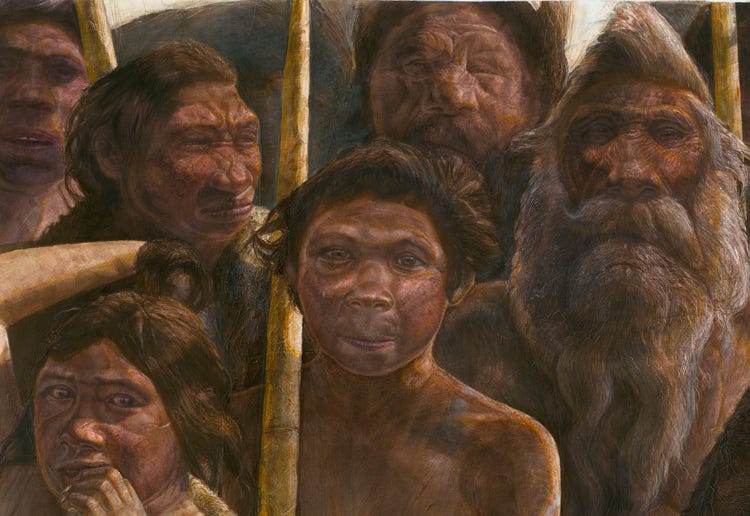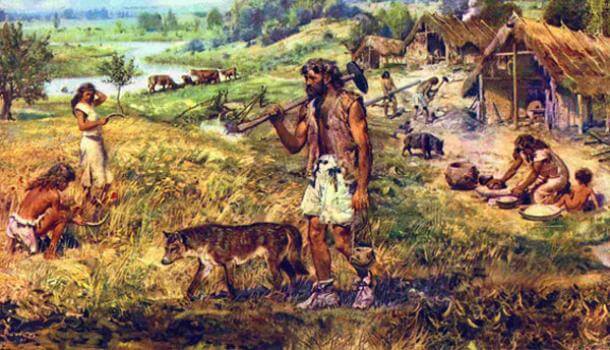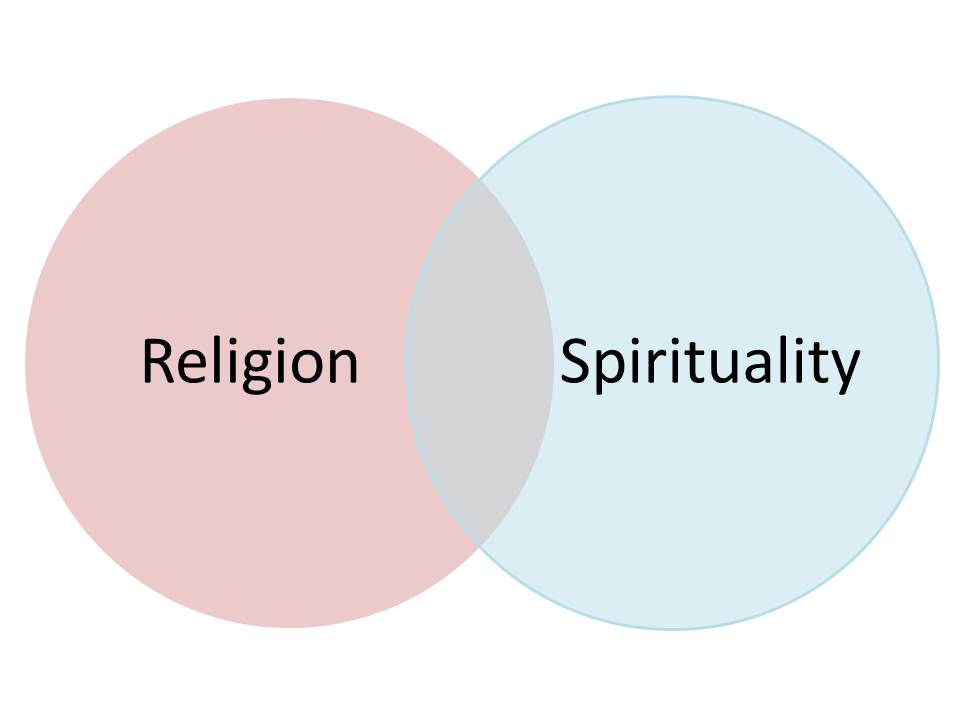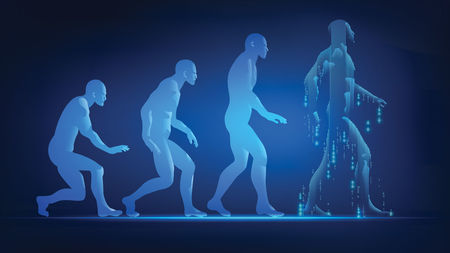by Paul Koshy
Never stop evolving …
Around 70,000 years back, homosapiens were a non descript unimportant species, natives of East Africa. We were as significant as any other ape, or any other animal.

But then onwards, over centuries something significant happened. Their brains began imagining possibilities. They started sharing their fictional fantasies to their fellow beings. They were stories. Fictional stories. About virtual objectivity. About possibilities. One would listen to the others stories and like it.
They teamed up to collaborate and began enacting their fictional stories. Collaboration comprised of staying flexible, communicating new ideas, accepting thoughts and teaming up in large numbers. This is something that’s not what the other species do (keeping aside the world of ants and honeybees) .

Hunting and gathering was the only profession that they practiced. Initial collaboration began here. They developed techniques in creating new tools to assist gathering and storing, weapons for hunting, and constructing nests for human shelter.
Their imaginative minds urged them to explore new geographies. To cross mountains, rivers, oceans and deserts. A nomadic species, that moved in groups, they learnt to survive in new places with different climates, gathering and hunting, by eating to survive and learning to survive by not getting eaten themselves by predators . That became possible because of each member collaborating with the other.

It was only 11,000 years back that the homosapiens began agricultural farming. And that ushered in settlements. The birth of hamlets and villages.
With this also began another fictional idea. The thought of sovereign territory. Mostly to ensure food security, these territories would be pushed further at the boundaries. Battles fought for control and protection of territories. Thus began the realisation of another fiction of states and nations.
To exercise dominion, another idea of fiction got acceptance.

That of accepting a fellow human as their chief. Or their King.
With royalty came in yet another interesting fiction. Authority. People within a community in a state could transact various things duly authorised by their Chief or King.
This is one of the most significant reality of fiction that humans arrived at. The idea that an individual needs a stamp of authority sanctioned by a higher power to execute what ever they do as a social or professional practice. Their began the era which promoted the concept of the sign or symbol of authority. For instance, by a seal of the King on a revenue document, one could enjoy “ownership” over a piece of land. A useless piece of paper or a metal coin, by the authority of the ruler, would now be a fictional idea called currency, in exchange of which one could buy a pair of oxen, or horses.

Now, how does the King himself establish his authority to stay as their ruler. He will need a higher authority that sanctions him the rights. That essentially created the need to identify a higher power.
Of a force that could be assigned to be the answer to everything that is unknown and not understood by humans. Of the force that governs nature. Of the force that brings in disease and death. Of things in the skies. Of the secrets of the ocean.

And that force was assigned an address. Higher than all. Above the skies. The Force got itself a name. The God.
The Kings encouraged this idea of worshipping God. And he himself garnered the idea of propagating divine sanction to rule. Thus his Authority to rule over fellow humans got the Stamp of God itself.

The pupil thus would do things under the shelter of having franchised the license from the authority of the King to do things. This began getting deeper and deeper. The need to be authorised.
While this reduced the pressures of power struggle to the ruler and ability to retain the right to rule perpetually through his lineage, it also brought in another idea.

The idea of religion through its tenets of rituals and practices. In most of which the ruler had a premium position and role to play. Further harnessing his power of authority and strong grip on the minds of his pupils and constraining their liberty to create new stories of fiction. (because now he needs the authority’s sanction to be or do that).
Not all stories of fiction are bad. In fact many if them are very good.
With God in place, in the image of abstract objects like symbols of Nature, Sun, Animals, etc the imaginative mind created the next fiction. Of cult practices that on an auto mode precipitated as a religion.

Religions, that grew and grew, mostly came in through fellowship. Followers of a thought leader, whose teachings helped masses to lead their lives on basis of yet another growing idea. The idea about principles, values, ethics and the impactful disrupter – life after death, about Heaven and Hell.
In the ‘fear of God ‘, the human began aligning to the new tenets of moral codes.

Transformative leaders stimulated the quest for Spiritual knowledge.
While spirituality is all about questions, like
Who am I
What’s the purpose of my life
Why are their sufferings
Why….
The Religion is all about answers to these universal questions, like
You are…..
The purpose of your life is…
Suffering happens because…
If you want to have a peaceful and happy life then you have to……..
I am not trying to demean or insult any of these ideas or fiction. Some of them are really wonderful. They helped build a scalable order in societies. That made religion an idea that spread across the other idea of authority, which is Kingdom and Nations. God’s stamp of authority exclusively on the Kings and rulers, were now made available to the lay man. An ordinary man could now relate directly to the Almighty. That was a huge disruption.

Now the human would do things under the authority granted to him by God; through a procedure as prescribed by the religion he or she followed.
This anything and everything that he does became right as long as he or she sourced this authority from God above. He or she would henceforth lead a life that pleases God.
But as time progressed, especially during the past 200 years, the next story arrived. This fiction told people to listen to your inner self. Do what you think is right. Don’t do what you think is wrong. Once again the epicentre of authority shifted. The human will now do what ever their self authorises them to do. This could go against teachings of the religion. Take for example homosexuality, or consciously pursuing and practicing things that the religion had forbidden for being unethical or immoral.

While this gives us a sense of free living, the fact stays that one still seeks authority from deeper within. Would that be free will?
Decisions taken by humans are outcome of an algorithmic process. Of the inputs that are available to the individual by virtue of his or her education, exposure, experience, family background, social media influence , hormonal imbalance, psychological constraints, emotional status, biological state, intoxicants, microbiological influence etc.
So when any of these factors change in their empirical value, the individual’s sense of authority to sanction his ‘free will’ to do or not do something would vary too.

The reason that the pursuit to be ‘happy’ or ‘happier’ becomes an unending chase.
The science of Artificial Intelligence builds on similar algorithms that I mentioned above. There are multiple inputs and numerous computations that generate the algorithmic output that translates into an action. We humans are a multi cellular organism. Each individual cell organism in itself is an algorithm. All of its functions within its cellular wall and with its neighbouring cells is governed by its own mechanism, its own algorithm. This does what it believes is the right thing for it to do.

Very soon AI will take over a substantial quantum of things that we humans do. Within the next 50 years, there won’t be much for humans to do but play online games and listen to music. Earth will certainly not require so many of us.
It may create its own algorithm to reduce our numbers. Would it be back to the numbers that we began with, 70,000 years back?
I cannot predict that.

One thing is certain. I feel this also is a good piece of advise to our children. Life would be more about pitching tents and then be ready to move to the next tenting location. The era of deep foundation stone built structures would not be the ones that would survive in these extremely fast changing times.

Suffering is the only reality. As real as objects like a hill, a river or a tree. Something that we can actually touch and feel.

Almost everything else is a fiction. A story.
(the article was first published on Paul Koshy’s blog Why are we the way we are – Paul Koshy (wordpress.com)
Paul Koshy writes on a wide variety of subjects. He is a thought leader, an advisor to various governments on infrastructure development. His passionate practice in framing policies for inclusive and equitable growth for all including our ecosystem makes his contributions unique and valuable.

